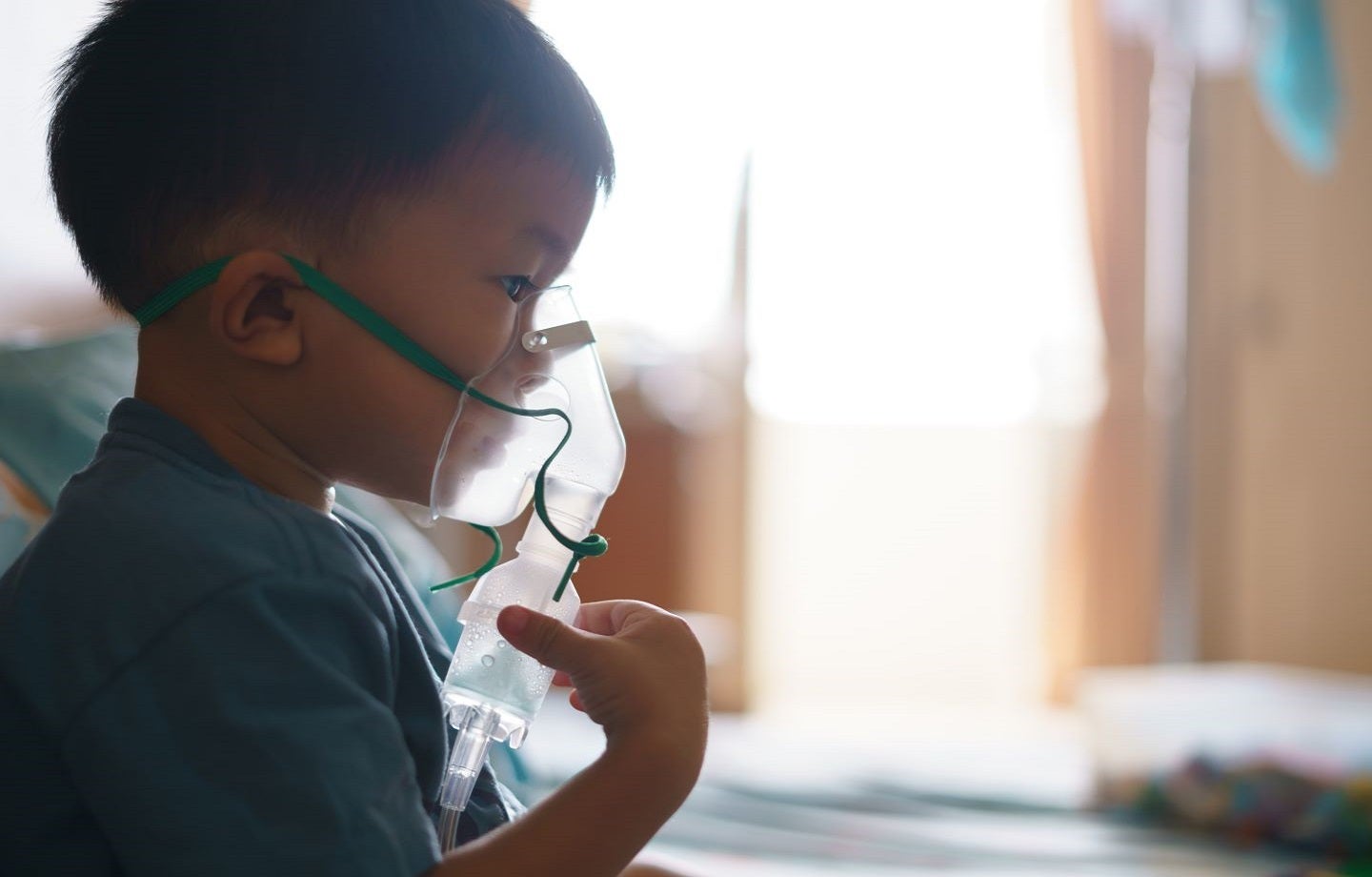
China’s National Medical Products Administration (NMPA) has approved Shanghai Ark Biopharmaceutical’s (ArkBio) investigational new drug application for its respiratory syncytial virus (RSV) neutralising antibody, AK0610.
RSV is the primary viral pathogen that causes acute lower respiratory tract infection (ALRTI) in infants across the globe, and particularly leads to bronchiolitis and pneumonia.

Discover B2B Marketing That Performs
Combine business intelligence and editorial excellence to reach engaged professionals across 36 leading media platforms.
The antibody drug AK0610 is designed to specifically target the RSV pre-F protein. Both in vitro and in vivo, it showed potent neutralising effects against RSV.
The drug is bio-engineered using a neutralising antibody originally isolated from a child who recovered from RSV infection. It is expected to keep infants safe throughout the entire season.
ArkBio obtained the intellectual property rights for the antibody from the Institute of Microbiology at the Chinese Academy of Sciences (CAS), Beijing Children’s Hospital, Capital Medical University and the National Center for Children’s Health, China.
ArkBio subsequently conducted additional engineering and optimisation on the drug.

US Tariffs are shifting - will you react or anticipate?
Don’t let policy changes catch you off guard. Stay proactive with real-time data and expert analysis.
By GlobalDataArkBio chairman and CEO Dr Jim Wu stated: “We sincerely thank Professor George Fu Gao, a member (academician) of CAS and his team from the Institute of Microbiology, and Professor Zhengde Xie and his team from Beijing Children’s Hospital, Capital Medical University and the National Center for Children’s Health, China, for their professional collaboration and scientific spirits.
“ArkBio specialises in drug discovery and development in the RSV field with a pipeline in both RSV treatment and prevention.
“We will strive to provide very needed RSV high-risk population and patients with efficacious prevention and treatment solutions.”
The Lancet reported that in 2019 there were 33 million RSV-ALRTI cases in children aged below five globally, which resulted in 3.6 million hospitalisations and 100,000 deaths.


